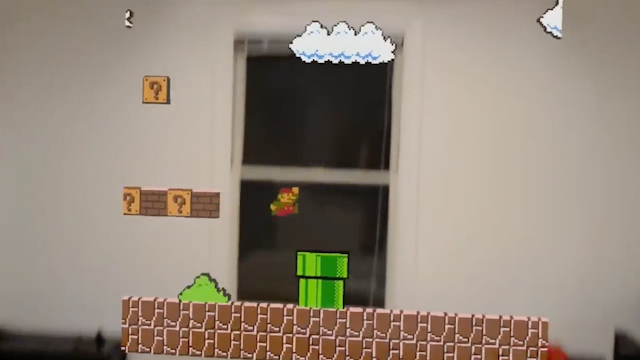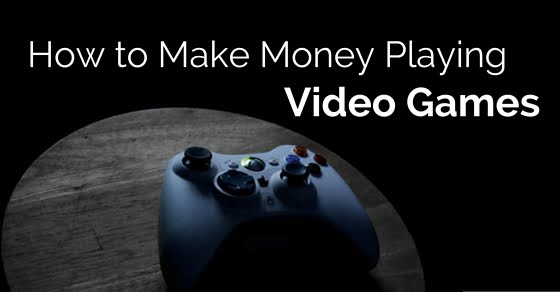

Five years ago, it felt like you couldn’t log into Facebook without someone asking you to name a tractor on their Farmville page or join them in a vampire battle. Since then, casual gaming has shifted largely to mobile and apps, but Facebook is hoping to reverse that trend by creating its own downloadable desktop gaming platform.
The platform will be created in partnership with game engine Unity, and will follow a similar model to Steam, Valve Software‘s extremely popular digital distribution channel for desktop gaming.
The platform will enable app developers to offer their iOS and Android games on desktop, as well as supporting more complex games that require more computing power.
The platform will be supported with a push for more gaming experiences through Facebook’s desktop browser version, enabling developers to easily port over existing apps and providing them with a new audience.
Game developers can already apply for access to a limited alpha version of Unity’s platform that will enable them to build and export games to Facebook’s website and desktop app.
Details on what features the dedicated platform will have are still scarce, but Facebook has confirmed it will run on various types of PCs, not just Windows, and that it will remove browser-style distractions like the News Feed, instead focusing purely on gaming.
While Facebook’s gaming revenues have dropped from their peak in Q4 2014, the social network still have 650m users who play games at least once a month, and has paid out over $8bn (£6bn) to game developers since 2010.
Between the improved browser gaming and dedicated platform, Facebook is clearly investing heavily in reclaiming its place as a major force in video games, and given the amount of advertising served through gaming apps, it’s not surprising the company wants a slice of the revenues.
Reinvesting in gaming could not only give Facebook access to a new channel for delivering advertising, it will also serve to boost engagement times and expand the company’s ecosystem further in a natural progression of its existing properties.
[Source:-Mobile Marketing]





